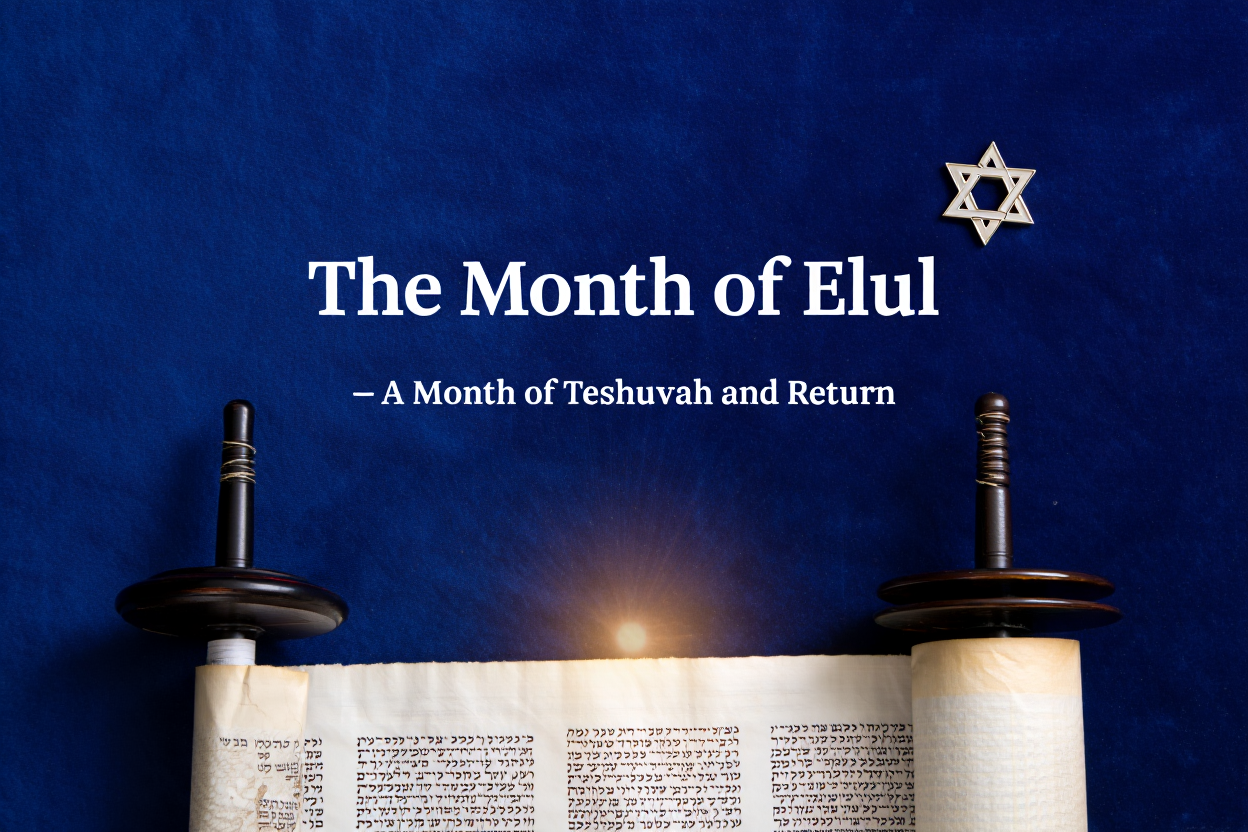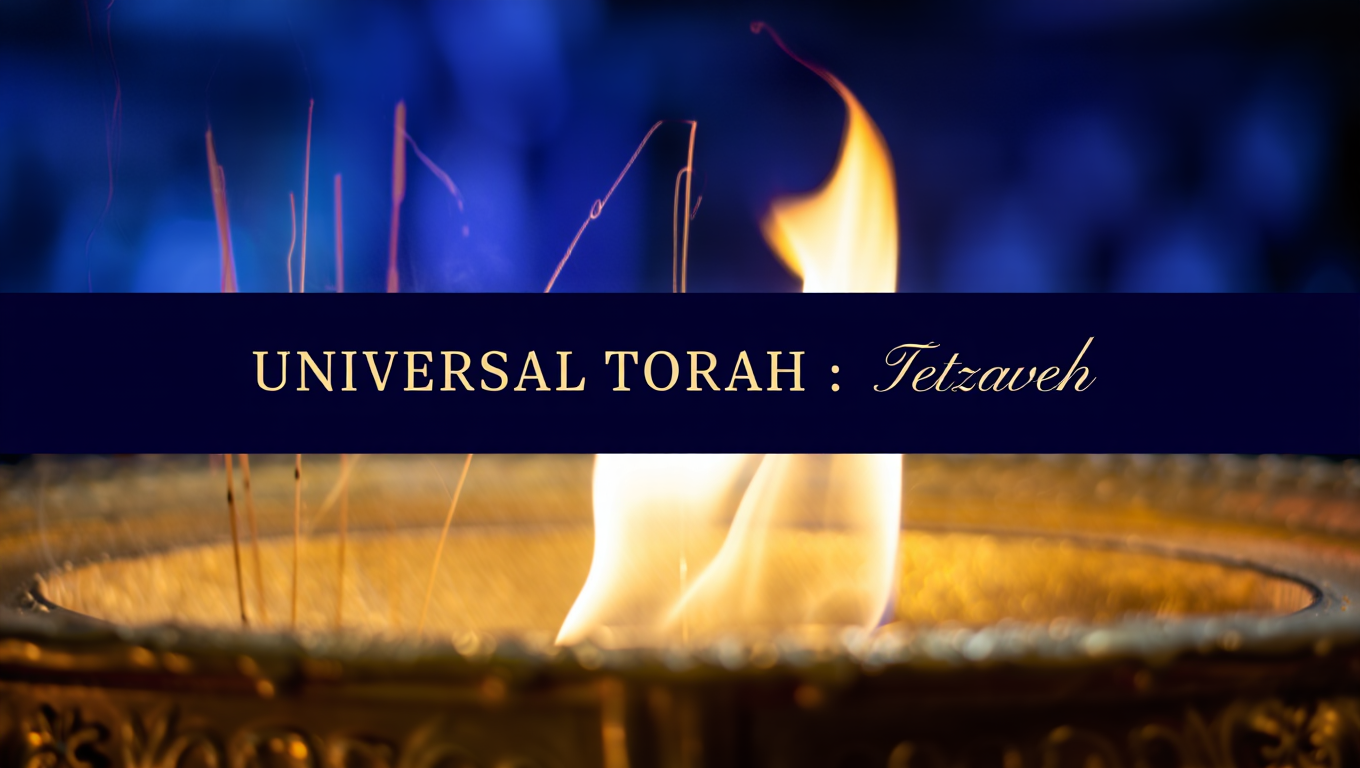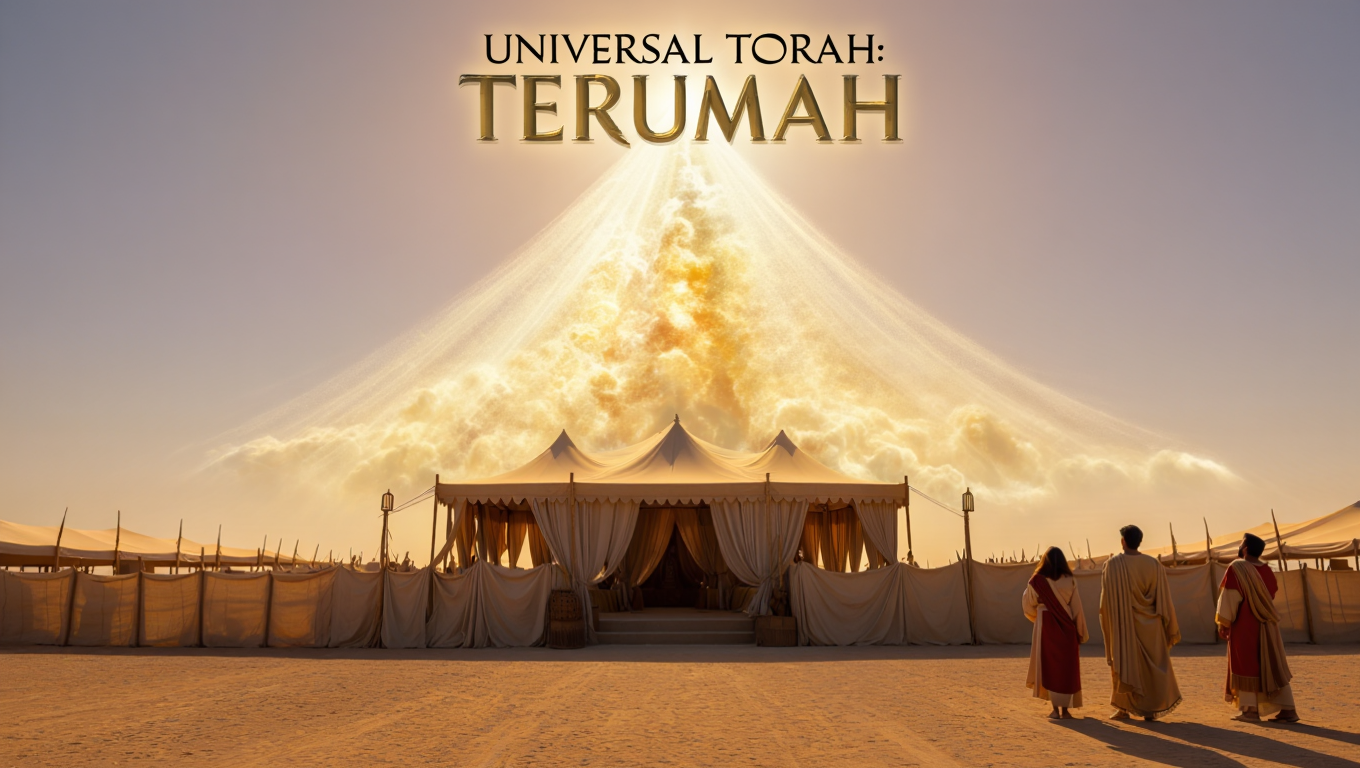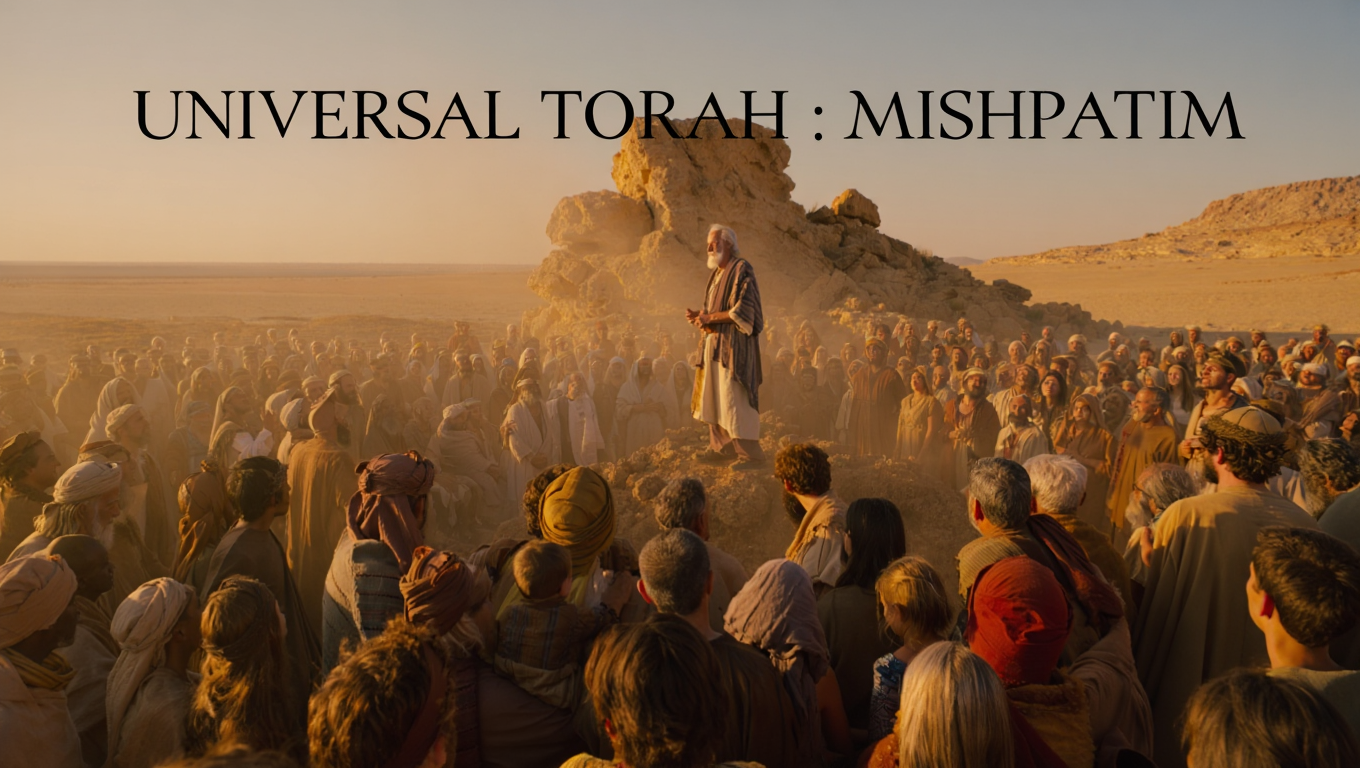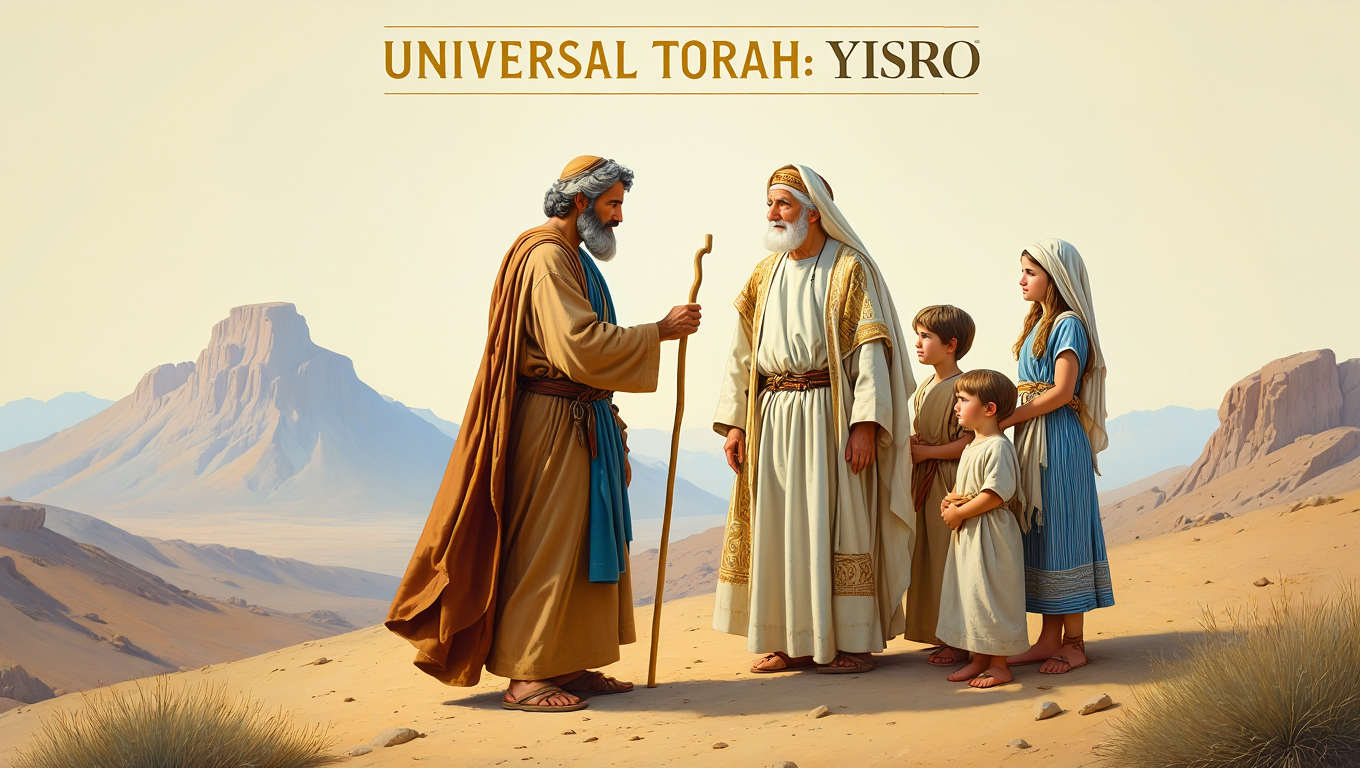The 6th Month on the Biblical Calendar
The Month of Elul – A Month of Teshuvah and Return
Part of an ongoing series entitled Hidden Sparks Beneath the Surface
By Betty Tabor Givin aka Elisheva Tavor
Introduction-Background and Review
With each New Moon or Rosh Chodesh, we have a New Beginning and are afforded the opportunity to renew ourselves. King Solomon in the Book of Ecclesiastes says…”There is a time for everything under the heaven ”(Ecclesiastes 3:1). So once more we come to one of those special times.
Having come through the destructive forces associated with the 9th of Av and beyond, we felt a big sigh of relief as we began to experience a respite and a lifting of the heaviness which has surrounded the Jewish people throughout the centuries.
On Tu b’Av (the 15 of Av), many of us celebrated a delightful and little -known festival that had its roots in the book of Joshua, and with it, we embraced the tradition of turning the corner and looking ahead to better days.
As we reflect on the month of Av with its tragic history, we are cognizant of the meaning of the name of the month…Av or Menachem Av, the Comfort of the Father. We are reminded that even in the worst of times throughout history up to and including the present-day chaos in our world today that our G-D is always with us to give us both comfort and hope.
The weekly haftorah portions traditionally read this time of year, beginning on the Sabbath after Tisha b’Av and going through Rosh Hashanah are entitled the 7 Haftorahs of Divine Consolation and carry with them the theme of comfort.
As we embrace the new month of Elul, it is important to recognize both its meaning and its position on the Hebrew calendar, for it is a key month both in the cycle of the seasons and in the inner workings of our hearts as they govern our relationships to our Creator and how we choose to live our lives.
Origin and Meaning of the Name
Although the name Elul is of Babylonian rather than Hebraic origin and is not found in the Tanakh (Hebrew scriptures), its name carries deep significance for the Jewish people all over the world and with those who love Torah, for in Aramaic, Elul means searching. It is at this season of the year beginning on Rosh Chodesh Elul that it is traditional to enter a time of deep introspection, a time of bearing of the soul…of searching, soul searching…seeking to discover or re-discover all of those hidden sparks beneath the surface…those sparks within us that have been buried or perhaps have become dulled over the past year, and those sparks in Torah that we have yet to discover on our journey!
The Placement of Elul on the Calendar
Whether we use the Biblical reckoning of Elul being the 6th month counting from Nisan or Aviv in the Spring or use the reckoning on the traditional Jewish calendar with it being the 12th or last month, the month of Elul is a pivotal month. For our purposes, let’s first do a quick review of the Biblical calendar beginning with Nisan or Aviv in the spring.
The First Month – Aviv or Nisan…the month known as the Month of Our Redemption…the one in which HaShem brought the Children of Israel out of Egyptian bondage, from Mitzrayim, the “narrow place” and told them that “this month shall be the beginning of months to you.” (Exodus 12:2)
The Second Month –Ziv or Iyar with the acronym of its Hebrew letters spelling out Ani HaShem Rofeka, I am HaShem your Healer. Seemingly insignificant at first, Iyar is sandwiched between the giant months of Nisan and Sivan, yet not insignificant at all for it is bridge between the Festivals of Pesach and Shavuot, the month of counting the omer in preparation for the most awesome event since the beginning of mankind.
The Third Month – Sivan…the month known as Matan Torah when HaShem, YHVH the Creator of the Universe ascended Mount Sinai amidst the darkness, lightning and thunder and spoke face to face with His people, bringing them into eternal Covenant with Him! (Deut. 4:32-33; 5:2-4)
The Fourth Month -Tammuz with its abominable name which is connected in Jewish tradition with the idolatrous incident of the golden calf and the resulting breaking of the tablets with the precious Ten Words on the 17th day of the month. Many tragedies befell the Jewish people throughout the centuries on this day, including perhaps the most well-known incident when the walls of Jerusalem were breached, marking the beginning of what appeared to be the end. This initiated the 3 week period leading up to an even more tragic event which occurred during the next month.
The 5th Month – Av or Menachem Av is marked by the infamous 9th day known as Tisha b’Av…the day in which both Holy Temples were destroyed (586 BCE and 70 CE), first by Babylon and then by Rome. This destruction resulted in the dispersion and subsequent scattering of the Jewish people among the nations, with only a handful returning. Yet HaShem always provides hope.
The lesson in all this is that we need to learn to see in the dark. We need to always be looking for the light in between the cracks. Each Rosh Chodesh (New Moon) is such a crack, like a tiny spark which is hardly noticeable in the dark sky…it is only visible if we are looking.
And so we come to the wonderful Rosh Chodesh of Elul. We take a deep breath for we’ve symbolically been brought out of Mitzrayim, that narrow place, experienced the redemption at Passover, crossed the Red Sea, received the Torah at Mount Sinai and lived through the subsequent consequences of our disobedience and have come through the saddest most heartbreaking time in the history of the Jewish people. We can now begin focusing on the opportunities of Divine grace and mercy afforded us in this new month and the 40 Day Season of Teshuvah leading up through Rosh Hashanah and to the awesome day of Yom Kippur!
The Thirteen Attributes of Mercy
Jewish tradition teaches that it was in the early morning on the 1st of Elul that Moshe with blank stone tablets in hand, ascended Mount Sinai for the third time, to beg forgiveness for the Children of Israel where he would once again receive the Ten Words, inscribed by the “finger of HaShem” (Exodus 31:19, Deut. 9:10).
But something remarkable happened along the way. HaShem granted Moshe’s request to show him His glory (Exodus 33:18)!
He placed Moshe in the cleft of a rock and covered him with His hand and when He passed by, he removed His Hand thus allowing him to see His back, but not His face. HaShem then passed before and proclaimed His goodness in what has become known as The “Thirteen Attributes of Mercy “ (Exodus 33:18-34:8). Maimonides interprets this as a perception of HaShem’s reality but not His essence, and states that this was the closest any human being ever came to knowing G-d.
The 40 Day Period of Teshuvah – Divine Mercy and Forgiveness
Each time Moshe ascended Mount Sinai, we are told that he remained 40 days and nights. (Deut. 9:9; Exodus 24:18) The Jewish sages teach that this last 40-day time period was from 1 Elul to 10 Tishrei (Yom Kippur). Thus evolved the Jewish tradition that as the Children of Israel received forgiveness and reconciliation with HaShem during this 40-day period, these days have become known as days of grace or compassion and Elul has become known as a month of Divine mercy and forgiveness.
Therefore it became traditional among the Jewish people and for many who love HaShem and Torah to undertake the practice of entering into a 40-day period of teshuvah (repentance and return), and renewal of ourselves, our connection to HaShem and our G-d given purpose in life.
Elul is all about repentance, mercy and forgiveness…all we have to do is open up our hearts, examine ourselves and with kavanah (heartfelt intent) and deep soul searching prayerfully enter into this special time of teshuvah.
In Jewish circles, there is a saying that during this time period that “the King is in the Field!” In other words, YHVH, the One True G-d and Creator of the Universe known as HaShem, is here in our midst. He is readily available, always waiting to receive us. Now is an opportune time!
“Seek HaShem while He may be found, Call upon Him while He is near”(Isaiah 55:6-8).
He is near and He is waiting for us now. “Turn us to you O HaShem, and we shall be turned; renew our days of old” (Lamentations 4:21).
More about this special month and the 40 Days of Teshuvah to come in Part Two.

